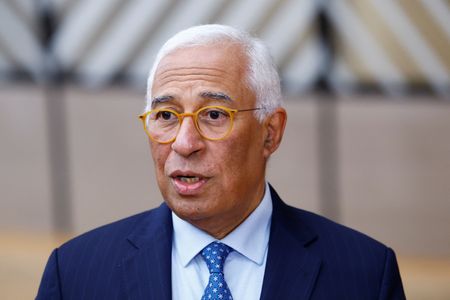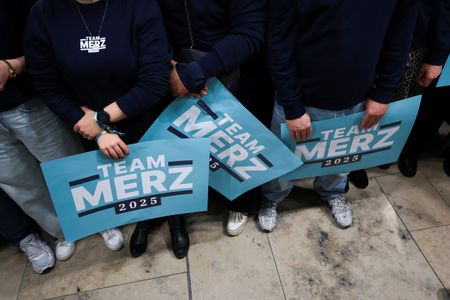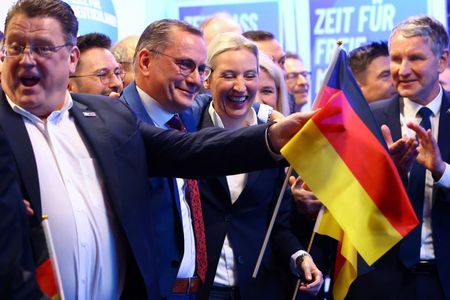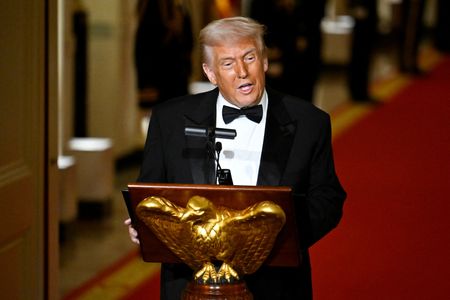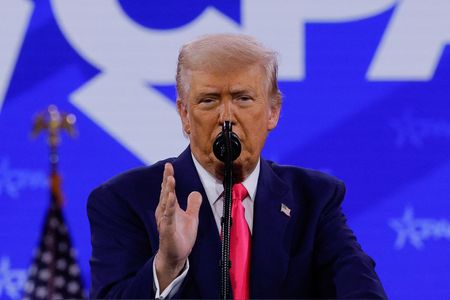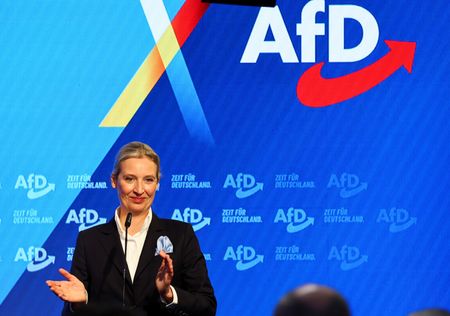By Jan Strupczewski
BRUSSELS (Reuters) – European Union leaders will meet for an extraordinary summit on March 6 to discuss additional support for Ukraine, European security guarantees and how to pay for European defence needs, EU officials said on Sunday.
“We are living a defining moment for Ukraine and European security. In my consultations with European leaders, I’ve heard a shared commitment to meet those challenges at EU level: strengthening European Defence and contributing decisively to peace on our continent and long-term security of Ukraine,” the chairman of EU summits, Antonio Costa, said on X.
The summit comes as U.S. President Donald Trump has started talks with Russia on ending the war in Ukraine, but without inviting Ukraine or the European Union to the table.
The Trump administration has also made clear that it is now more focused on China than Russia and that Europeans will have to invest more on their own defence rather count on Washington.
Under an agreement among members of NATO, EU countries that are part of the alliance should spend 2% of GDP on defence every year, but many, including big countries like Germany, Italy or Spain, still spend less.
The European Commission estimates EU defence investment needs 500 billion euros over the next 10 years and EU leaders will discuss how to find the money, though joint borrowing is unlikely to be on the table, officials said.
Leaders were more likely to focus on using for military purposes EU funds that are already available or making it easier to spend national funds without the constraints of EU rules.
Officials have been discussing the possible use for defence of about 90 billion euros of loans and some grants from the EU’s post-pandemic recovery fund that are unlikely to be spent before a 2026 deadline.
Also under discussion is the use of EU cohesion funds – money from the EU’s long-term budget earmarked for equalising living standards across the bloc – for projects that could help the military.
Finally, the Brussels could declare all defence investment exempt from EU limits on government spending, which would avoid penalising governments for embarking on large defence projects.
“The aim is to get a clearer picture of what is possible to feed into the defence white paper, which comes out shortly after,” one EU diplomat said.
“All the options – recovery fund, cohesion funds and spending rules – are on the table. It is clear that joint borrowing isn’t going to fly given the positions of Germany, the Netherlands, Sweden, and possibly Austria,” the diplomat said.
(Reporting by Jan Strupczewski; editing by Giles Elgood)

